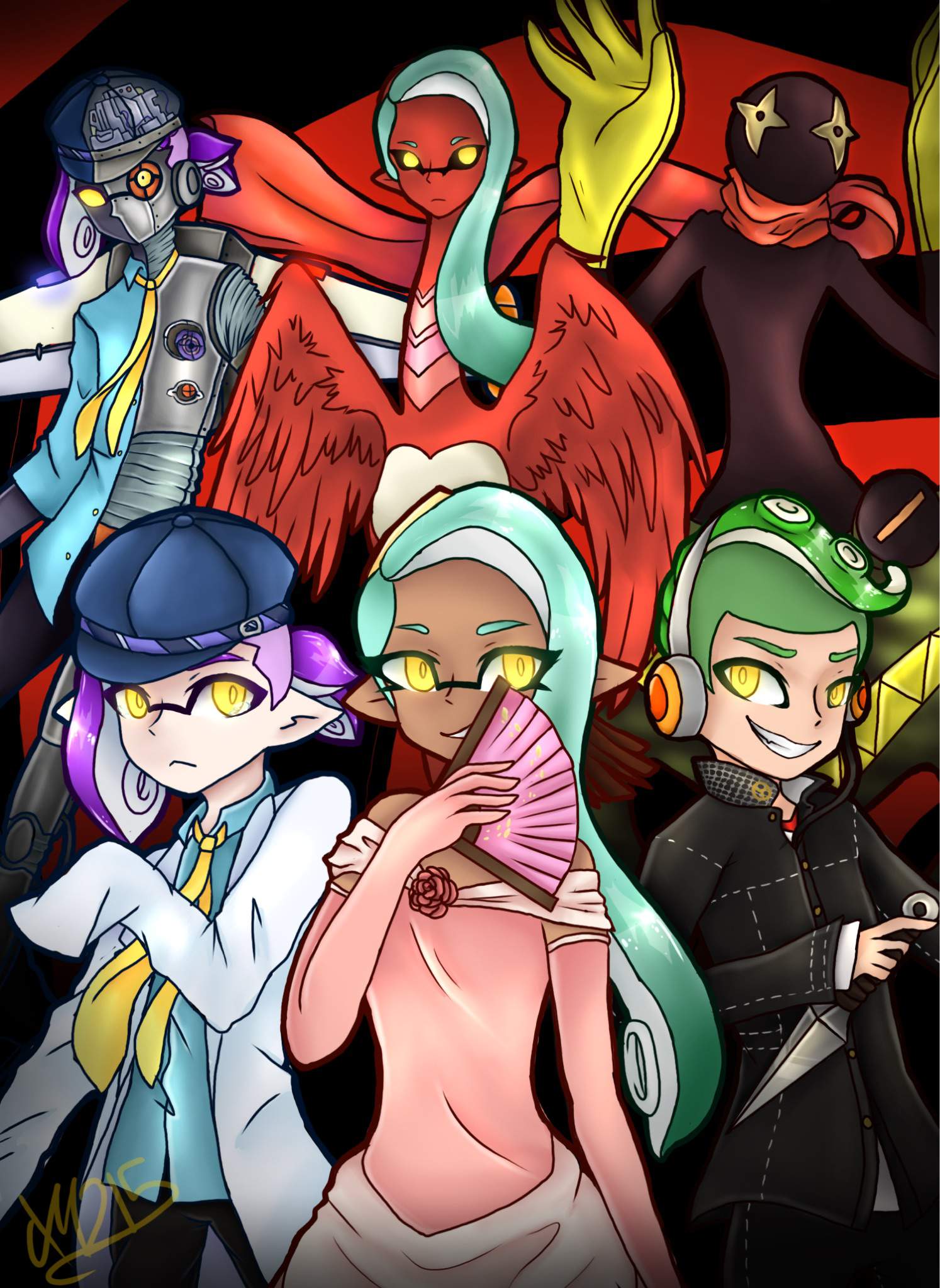


But the second personality was precisely the polar opposite: mature, powerful, wise, superior, autonomous, instinctual, spiritual, mystical, and deeply rooted and embedded in nature and the irrational. The first personality was the ordinary, mundane, dependent, as yet undeveloped and immature boy, with his banal, bourgeois, conventional, rational outer reality and intense inferiority feelings. Or, as Jung himself puts it, his two personalities.

He argues that it was mainly Jung's ambivalent feelings toward his mother-not his relationship with his father as most Jung biographers assume- that exerted the most powerful influence on Jung's stormy yet extraordinary psychological development.ĭesiring neither to be like his long-suffering, dispirited, hen-pecked father (a Swiss parson) nor his sometimes psychotic, emotionally unstable (possibly borderline) mother, Jung, already innately introverted, was forced farther inward to seek and create his own personality. In his book, Smith, who had actually at one time personally corresponded with Jung, emphasizes the profound effects of Jung's intimate interpersonal relationships, starting with his parents, on the great psychiatrists's life and work. Smith, quietly appeared as if to compensate for these other rather one-sided assaults on Jung's character. In that same year, a far more sympathetic and insightful little biography, The Wounded Jung: Effects of Jung's Relationships on His Life and Work, written by philosopher and historian Robert C. Just a little more than a decade ago, Jung's personality took a beating in biographies by Richard Noll ( The Jung Cult, 1997) and the Aryan Christ (1997), and only somewhat less so in Frank McLynn's Carl Gustav Jung (1997).


 0 kommentar(er)
0 kommentar(er)
